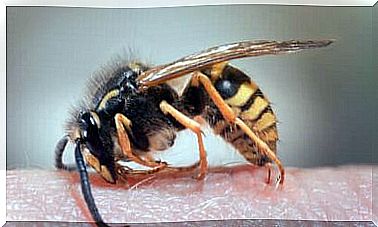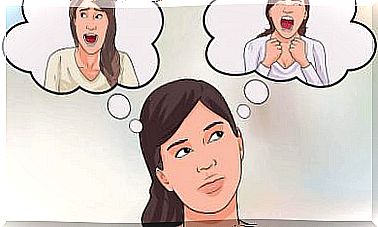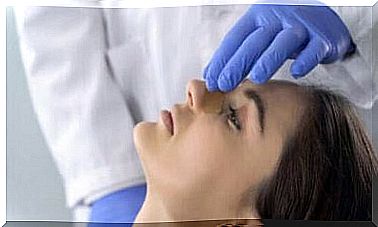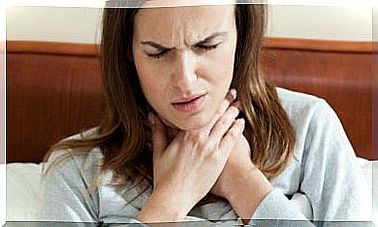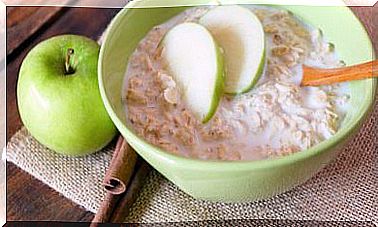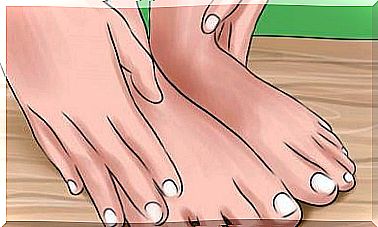Natural Treatments For Sleep Apnea Symptoms
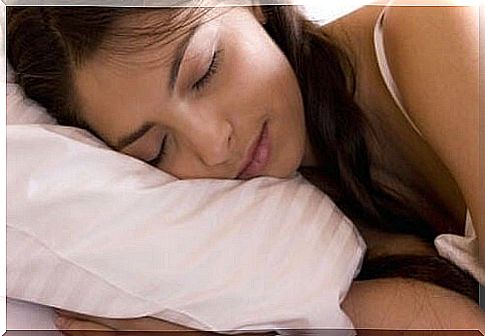
This nocturnal disease is considered “serious” because it stops the air from reaching different parts of the body when it is at rest. Sleep apnea has several causes and the typical symptoms are interrupted breathing, snoring, suffocation and going to sleep, as well as other things. Learn more about the natural treatments for sleep apnea symptoms in the following article.
Symptoms of sleep apnea: Learn about the problem
This disease affects normal breathing function while we sleep; it can lead to shallow breathing or short interruptions of normal airflow that last between 15 to 20 seconds.
Sleep apnea prevents people from sleeping peacefully at night, causing them to experience very shallow sleep or nightmares, and keeps the body from fully recovering during the night. This results in low energy levels, low productivity, bad mood, irritability, and reduced attention.
If this disease is not treated, sleep apnea can lead to daytime sleepiness, slow reflexes and put those who suffer from it at higher risk of having accidents. In addition, it can cause health problems such as obesity, high blood pressure, diabetes and heart disease.
The symptoms of sleep apnea can be difficult to identify as they occur at night while we sleep. A family member or your partner will be the one to detect changes in your sleep pattern if you suffer from sleep apnea.

Some signs that you may be suffering from this problem are:
- Interrupted breathing.
- Loud snoring.
- Choking or hissing.
- Sleepiness during the day.
- Restless sleep.
- A feeling of shortness of breath when you wake up at night.
- Going to the toilet often very early in the morning.
- Waking up with a dry mouth or throat.
- Headache in the morning.
- Unable to concentrate or work.
- Mood swings.
- Irritability.
- Depression.
- To sleep in bizarre positions.
- Excessive sweating at night.
- Nightmares.
- To breathe through the mouth.
- Poor performance of tasks in general.
Some risk factors that can provoke sleep apnea are: smoking, excessive alcohol intake, obesity, swollen tonsils or tongue, blocked nose and family history. In addition, men more often tend to suffer from this disease than women.
Habits, medication, and tips for treating the symptoms of sleep apnea
There are two sleeping positions you should be aware of:
To sleep on the side
Sleeping on the side, whether it is the right or left side, allows more air to pump into your lungs. The opposite happens when you sleep on your stomach or on your back. Of course, you can not monitor your own sleeping positions while sleeping, so try placing a large pillow against your back to stay on your side.
Another trick may be that you try to sew or tie an annoying object to your pajamas on the back and on the chest so that you detect when you turn around on your stomach or back and then can correct the position.
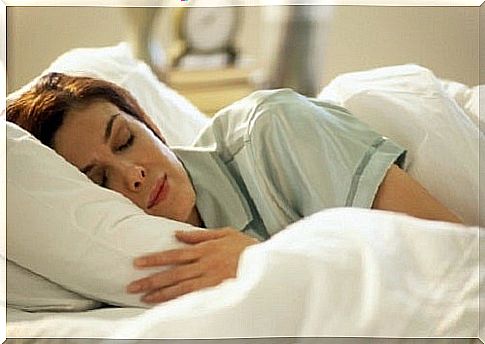
With your head raised
Use more than one pillow to lift your head higher than normal. This will improve your nocturnal breathing. If you feel that this position is not very comfortable, then you can add a bit of height via your pillows at a time. You should also make sure that your chest is uplifted. If you are buying a new bed, for example, then you can get e that have different adjustment options. Another alternative is to just put something under the front legs of your bed so that it stands at an angle. Many experts believe this is even more effective than the use of multiple pillows.
Other tips for treating sleep apnea are:
Weight loss
Being overweight can aggravate the symptoms of sleep apnea. Start by eating a healthier diet, exercising twice a week, eating more fruits and vegetables, and avoiding deep-fried foods, sugar and fats, as well as drinking two liters of water daily. Losing weight a bit will definitely reduce the symptoms and allow you to open your airways.
Stop smoking
Cigarettes are another factor that can make sleep apnea even worse. Smoking causes fluid to accumulate in your throat and this can cause swelling in your upper respiratory tract. Plus, if you quit smoking, your overall health will clearly improve.
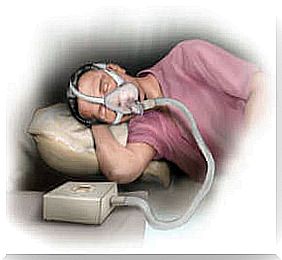
Avoid alcohol intake
Alcoholic beverages, like anesthetics, relax your neck muscles and change their function. We also recommend avoiding excessive caffeine intake during the day, but especially later in the day as this can affect the normal sleep rhythm.
Avoid large dinners
Going to bed with a stomach full of food can have negative effects on your rest. Plus, it affects how air gets to your lungs.
Natural Treatments For Symptoms Of Sleep Apnea
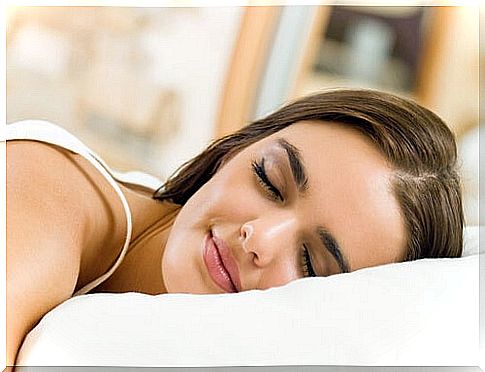
Valerian
This herb has been used for a long time to help us relax and sleep better, which greatly improves our sleep quality. It is perfect for people who suffer from insomnia or nightmares due to sleep apnea.
Essential oils
The best oils for a better night’s sleep are chamomile, lavender and primrose. These remove inflammation of the airways. You can apply them to your temples with a gentle massage or apply a diffuser and spread it throughout the bedroom. If you want to stop your nasal passage, you should stick to eucalyptus oil. Add a few drops to boiling water and inhale the vapors.
We hope you enjoyed this article on natural treatments for sleep apnea symptoms!



